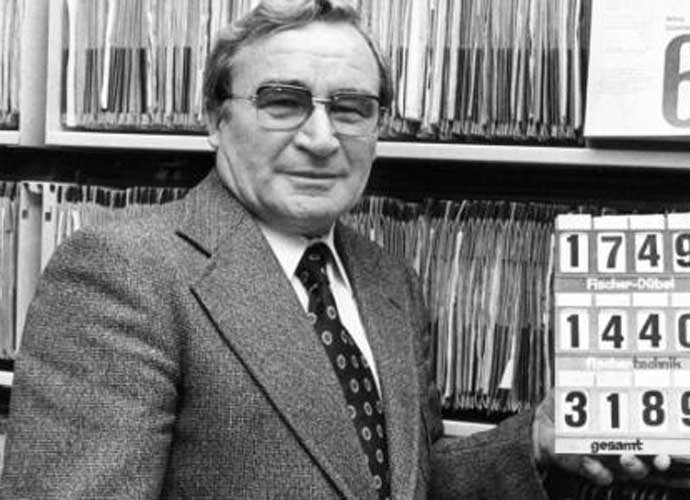Artur Fischer, Inventor With Over 1100 Patents, Dead At 96
Artur Fischer, an inventor who held more than 1100 patents, more than Thomas Edison, reportedly has died on Jan. 26 in his German home at the age of 96.
The German magazine Der Spiegel wrote in 2015, “What Bill Gates was to the personal computer, Artur Fischer is to do-it-yourself home repair.”
Fischer was trained as a locksmith, but was an obsessive tinkerer on the side. His first official invention was the first synchronized camera flash, which was inspired by his frustration that he could not photograph his daughter indoors. Fischer synchronized the electric flash with the camera shutter. Fischer also famously invented the wall anchor in 1958 which allowed people to hang heavy objects on plaster and drywall.
Born in 1919 in Tumlingen, Fischer had gone to vocational school before leaving at the age of 13 to serve as a locksmith. He had joined the Hitler Youth and the military with the hopes of becoming a pilot, but was nearsighted, short, and lacked the high school credits. So, he was trained as a mechanic.
“I had made a model airplane to give my mother as a Christmas present,” Fischer told Der Spiegel. “Then my commanding officer said I was the best mechanic and that I should give the plane to Hitler. It was a horrible time.”
Fischer just barely survived Stalingrad and was captured as a prisoner of war in Italy by the English. After the war, he began to work as an assistant in an engineering company and two years later he founded his own company, The Fischer Group.
Fischer’s last commercially successful invention the Fischertechnik kit, an electrical model set for hobbyists and kids to create machines and robots. This started as a Christmas gift to his clients in 1964, and then expanded to the market due to popular demand.
In 2007, Fischer had told German Magazine Technology Review, “I am interested in any problem to which I can provide a solution.”
Fischer’s most recent invention is something which can hold and cut the top off of an egg. This was in response to complaints from a hotel owner made to him in 1946.
He is survived by his son, Klaus, and his daughter, Margot.
RELATED ARTICLES
Get the most-revealing celebrity conversations with the uInterview podcast!






Leave a comment